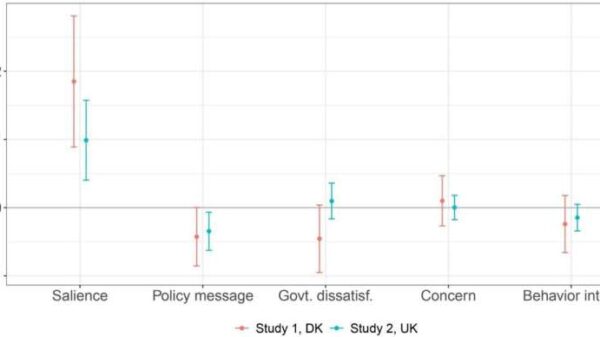A mother is grappling with her new life after her husband unexpectedly left her last spring. The situation has led to tension between her and her son, Jack, who feels unwelcome in the condo she bought following their divorce. The mother, who had thought her marriage was strong, is now navigating complex emotions as she strives to create a supportive environment for her children.
Last year, her ex-husband vanished without explanation, leading her to fear for his safety. After a month of uncertainty and unauthorized withdrawals from their joint account, he returned to announce he was seeking a divorce. This abrupt change prompted her to sell their family home and purchase a two-bedroom condo, intending to provide a stable base for her children, Jack and Jill, who are now 20 and 22 years old.
The mother decorated her new space vibrantly, reflecting her personal style, which she describes as “violently femme-feeling.” She wanted to create a sanctuary that felt distinctly hers, a departure from the traditional family home. However, her son Jack perceives the decor as unwelcoming, and he has expressed his discomfort by choosing to stay elsewhere during visits home.
Understanding Family Dynamics
While Jack has declined her offers to help him personalize the second bedroom, his rejection may indicate deeper feelings about the family’s transition. The mother suspects that his resistance to the condo is not solely based on its aesthetic but rather his struggle to adapt to the changes in their family structure.
Experts suggest that it is essential for parents to maintain open lines of communication with their children during significant life changes. Acknowledging the emotional impact of the divorce can create a more supportive atmosphere. Encouraging Jack to express his feelings about the new living situation may help bridge the gap between them.
The mother recognizes the importance of validating her children’s emotions. It may be beneficial for her to have a candid discussion with both Jack and Jill, emphasizing her understanding of their feelings regarding the divorce and their old home. By doing so, she can foster a sense of belonging, even in a space that she has made her own.
The Challenge of Moving Forward
Finding a balance between personal expression and family connection can be challenging after a divorce. The mother’s desire to create a home that reflects her individuality must be weighed against the need for her children to feel at home in their mother’s new space.
It is crucial to remember that the essence of family ties often transcends physical spaces. Jack’s desire to avoid the condo may be a reflection of his ongoing adjustment to the divorce rather than just an issue with the decor. The mother may need to consider that redefining their relationship and adapting to new dynamics is more important than trying to recreate a traditional sense of home.
Ultimately, both mother and son are navigating uncharted territory in their relationship. As Jack continues to grow and evolve, the mother may find that focusing on their shared experiences and the quality of their time together holds more significance than the physical space itself.



































































